China and India announced they have reached an agreement on patrols along the de facto boundary dividing their disputed border regions, which in recent years have seen violent clashes.
The line of actual control (LAC), established after the 1962 Sino-Indian War, runs through various contested areas and is not always clearly defined. Tensions escalated sharply in 2020 when a deadly confrontation in the Galwan Valley resulted in the deaths of 20 Indian soldiers, with China saying four of its troops had perished.
This incident was followed by additional skirmishes in 2021 and 2022, though no fatalities were reported, and drove both countries to step up their military presence and infrastructure along the demarcation.
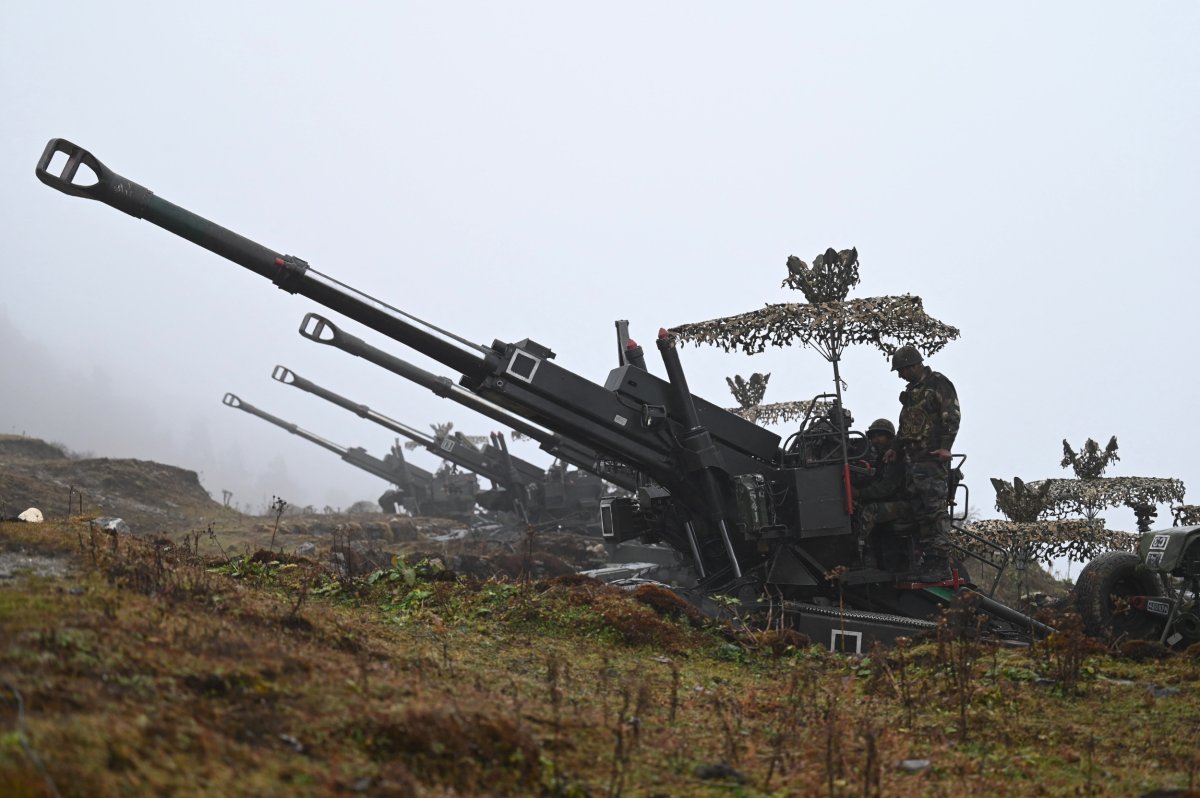
Local media cited India's foreign secretary, Vikram Misri, as saying on Monday the two sides had reached a deal after weeks of talks.
"An agreement has been arrived at on patrolling arrangements along the line of actual control in the India-China border areas," said Misri, who was India's ambassador to China during the 2020 Ladakh region confrontation.
This has set into motion disengagement and "eventually a resolution of the issues that had arisen in these areas in 2020," he added.
China's Foreign Ministry confirmed the accord. On Tuesday, spokesperson Lin Jian said, "China and India have reached resolutions on issues concerning the border area following close communication through diplomatic and military channels. China commends the progress made and will continue working with India for the sound implementation of these resolutions."
Newsweek reached out by email to the Indian and Chinese foreign ministries outside of office hours, with requests for comment.
Rajan Menon, the emeritus Anne and Bernard Spitzer chair in political science at the City College of New York, said the announcement was "a welcome step" given the clashes and standoffs that have taken place since 2017.
"But it's important to recognize that this agreement is what's known in the security studies community as a confidence-building measure—not a de jure demarcation of the border, which remains disputed," Menon told Newsweek.
Since 2021, the U.S. State Department has explicitly backed India's claim over the disputed Arunachal Pradesh region, while asserting that Washington opposes any attempts to alter territorial claims through force.
The agreement was announced ahead of the summit of the BRICS bloc of developing economies in Kazan, Russia, which both Chinese President Xi Jinping and Indian Prime Minister Narendra Modi are attending.
Neither side has commented on whether the leaders would meet one-on-one or disclosed further details about the agreement and how it would unfold.


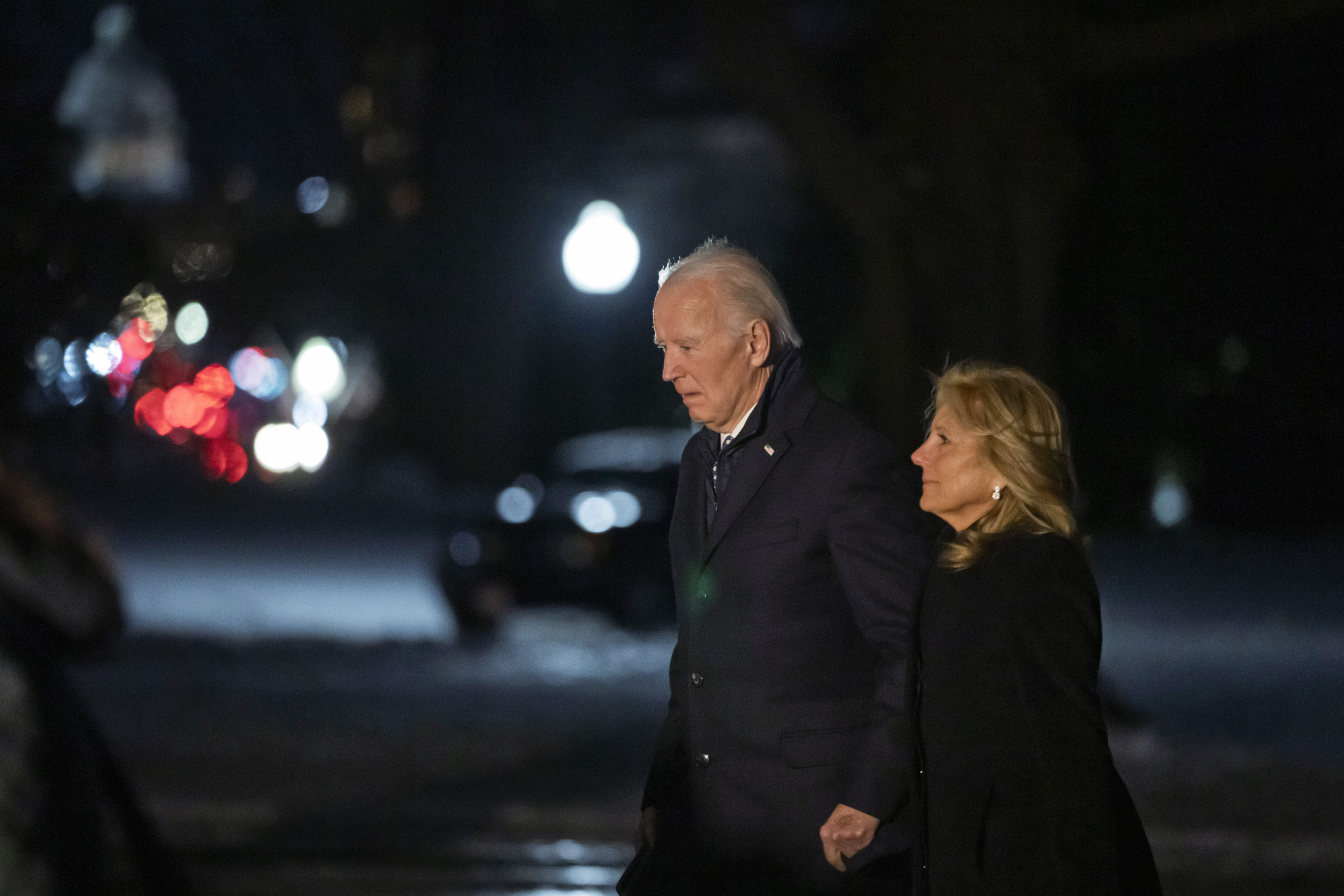




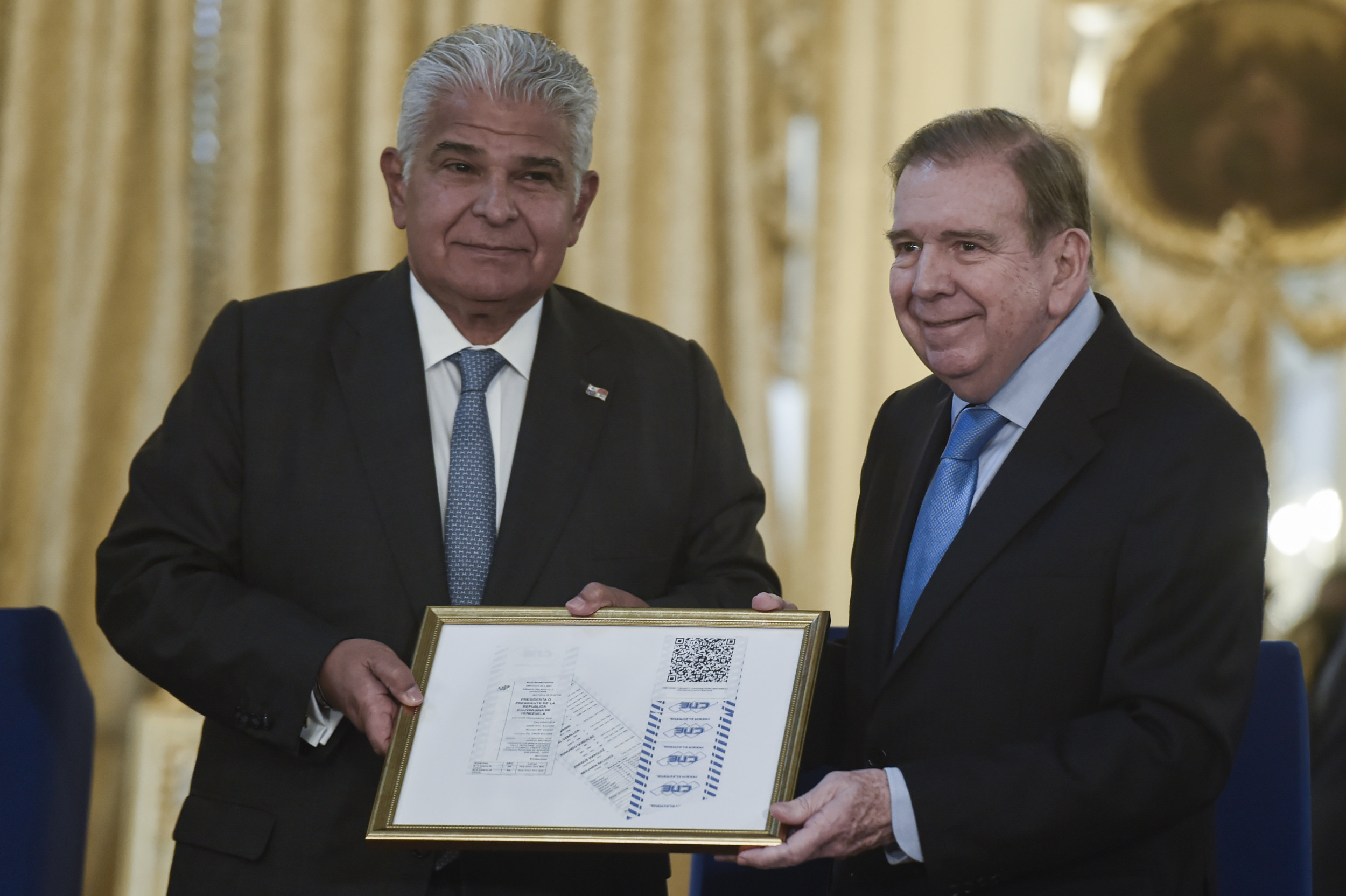
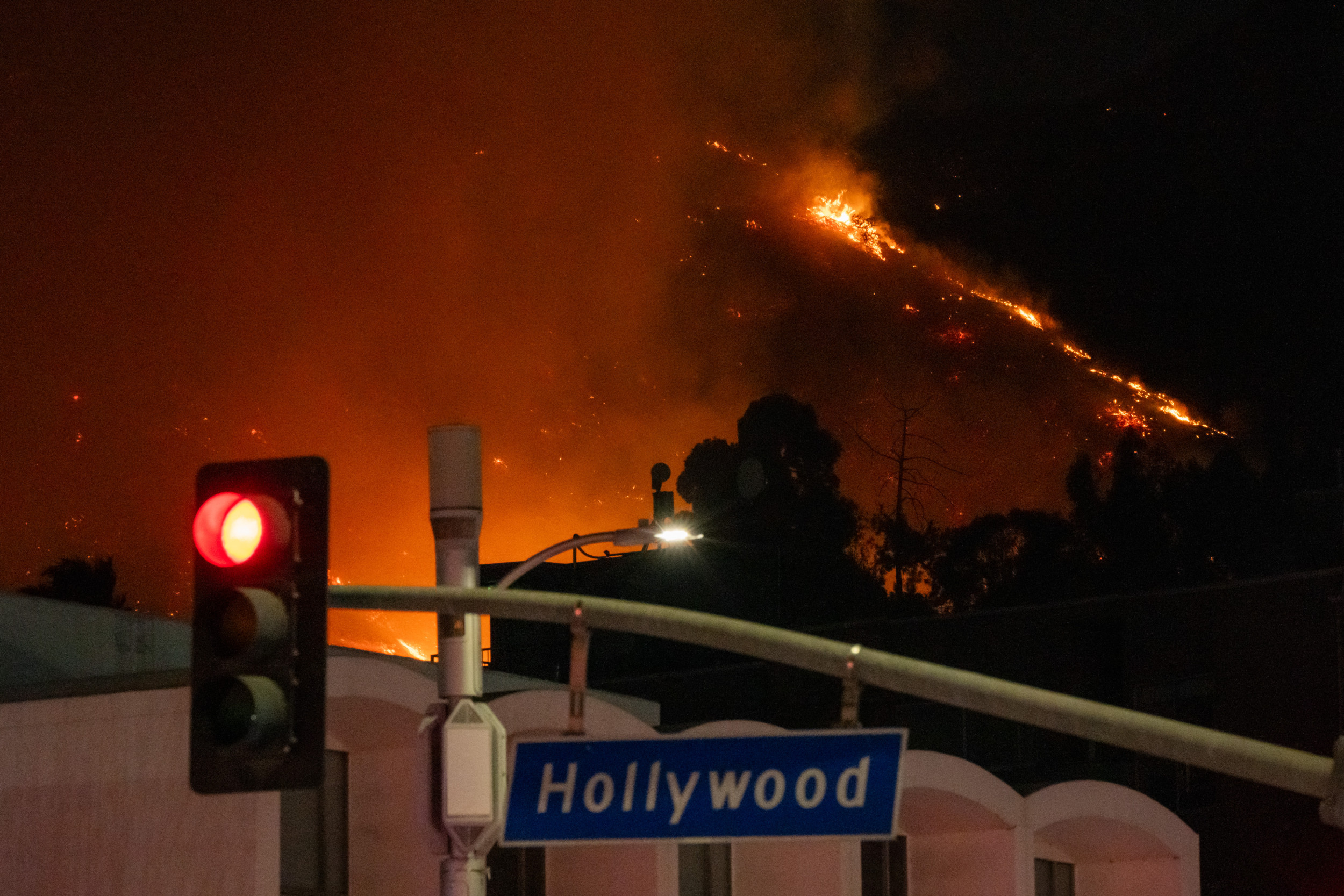

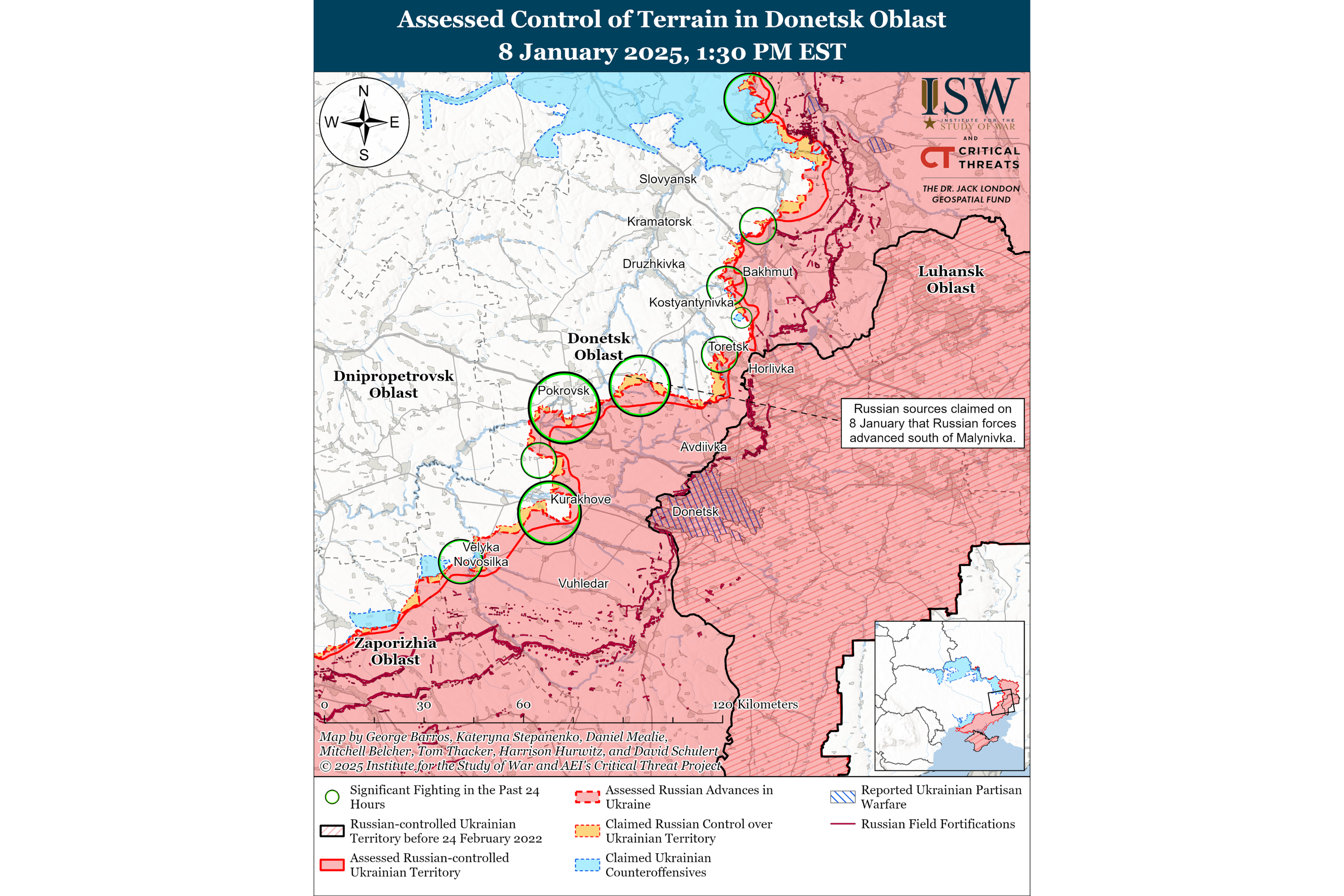









 English (US) ·
English (US) ·